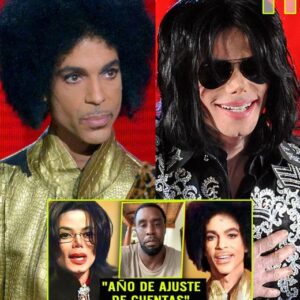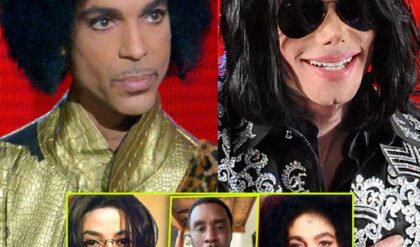Kansas City Chiefs Opt Out of Pride Month Activities, Sparking Debate Under Coach Buddy Reid’s Leadership
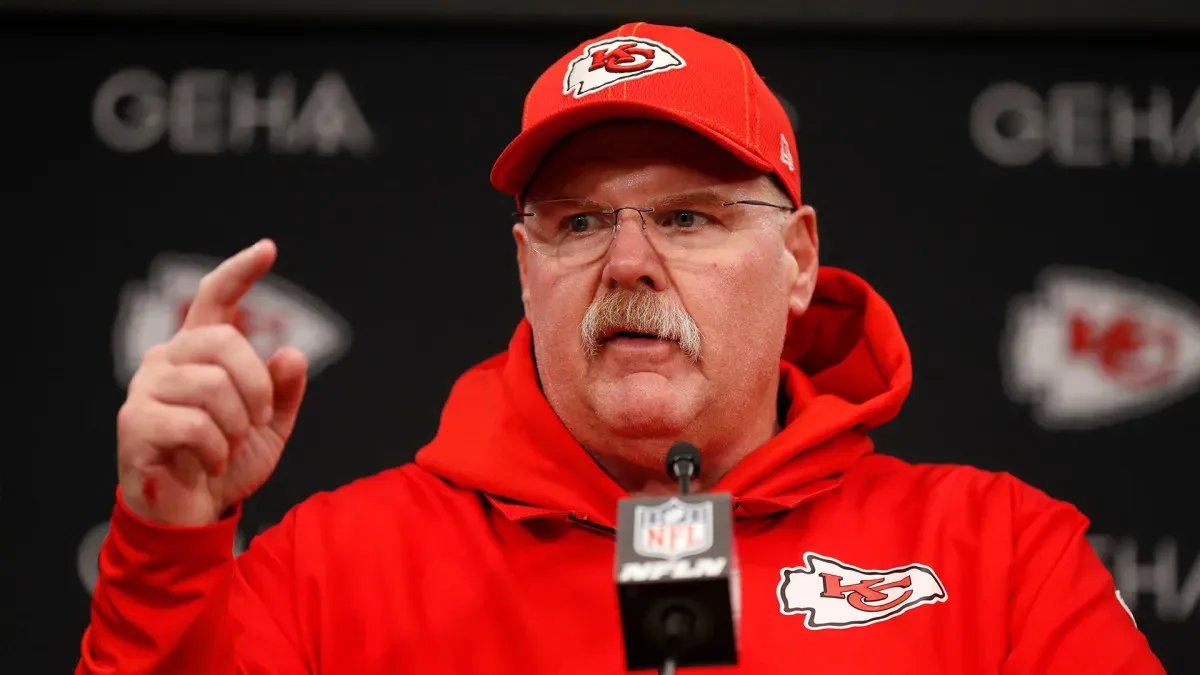
In recent years, sports teams and athletes have increasingly used their platforms to support social causes, including the promotion of inclusivity and diversity. Pride Month, celebrated in June, is one such occasion that highlights the rights and pride of the LGBTQ+ community.
Many professional sports teams have embraced Pride Month through various activities, such as themed events and community outreach, to show their support. However, this year, the Kansas City Chiefs made headlines by choosing a different path when both players and coaching staff, led by head coach Buddy Reid, opted not to participate in Pride Month activities.
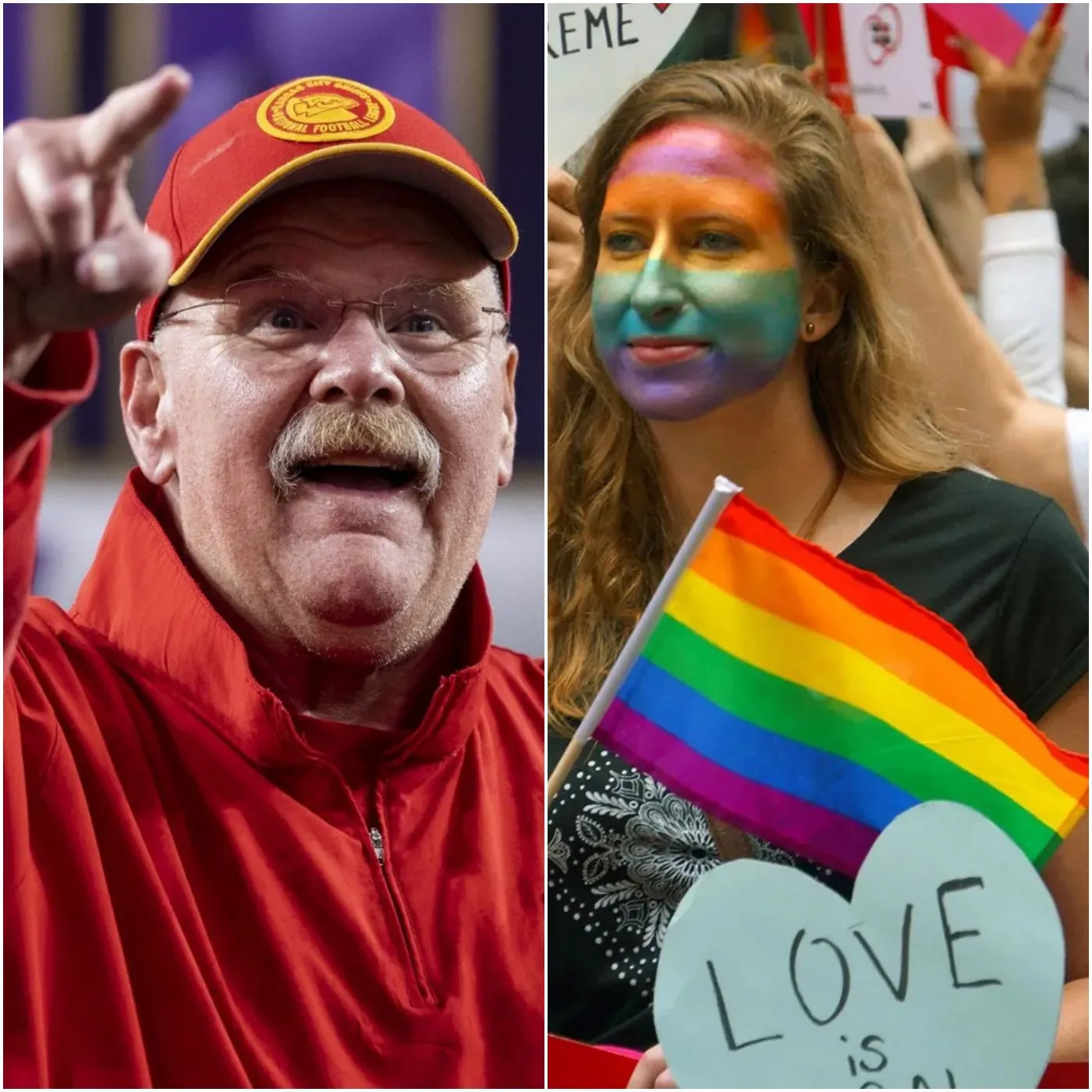
Buddy Reid, who took over as head coach of the Kansas City Chiefs in 2013, has built a reputation as a respected and successful leader in the NFL. Under his guidance, the Chiefs have achieved numerous successful seasons, including a Super Bowl victory in 2019.
Reid’s strategic decisions have consistently shaped the team’s image and public engagement. His latest directive to forgo participation in Pride Month activities has sparked widespread discussion among fans, sports analysts, and the broader public.
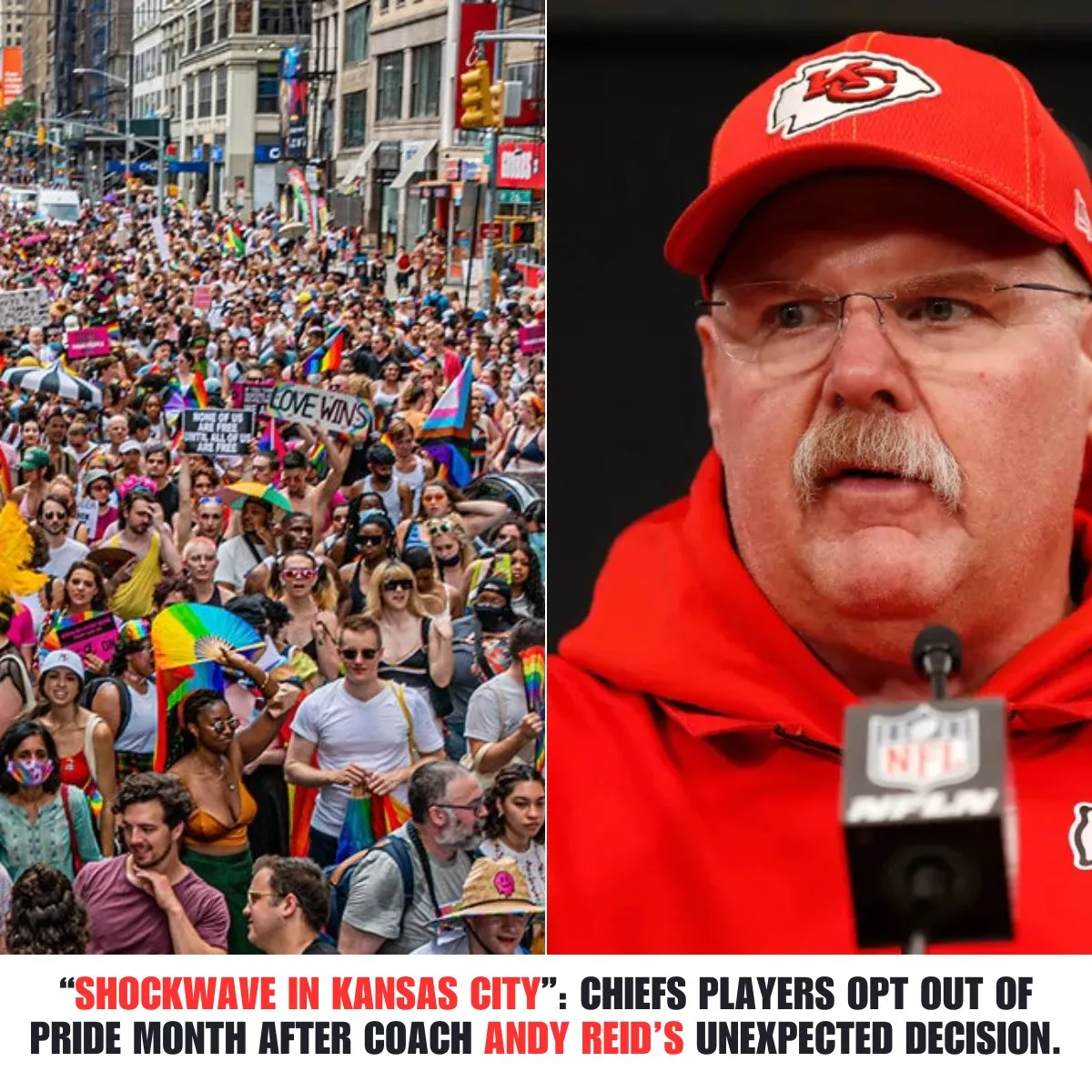
Over the last few years, professional sports organizations have shown increasing support for the LGBTQ+ community, particularly during Pride Month. Teams have participated in parades, community events, and initiatives designed to promote inclusion and diversity.
This growing trend has helped convey a message of solidarity and created a more inclusive culture within the sports world. The Kansas City Chiefs’ decision to sit out of Pride Month activities runs contrary to this movement, raising questions about the team’s motives.
The Chiefs’ decision has received mixed reactions. Some view it as a reflection of personal or organizational beliefs, while others see it as a missed opportunity to support a marginalized community. The reasons behind this choice are multifaceted and warrant a closer examination of both the internal dynamics of the team and the broader societal context.
One possible reason for the Chiefs’ decision could be the diverse values and perspectives within the team. Like many organizations, the Chiefs consist of individuals with varying beliefs, and Coach Reid may have made this choice to preserve team unity and avoid potential conflicts over a sensitive social issue.
Alternatively, the team may have chosen to focus on other community engagement activities that align more closely with their collective values.
While the Kansas City Chiefs’ decision not to participate in Pride Month has been met with controversy, it underscores the complexities of navigating social issues in professional sports.
As teams continue to balance social advocacy with internal dynamics, the Chiefs’ stance highlights the challenges that come with making such decisions in the public eye.
News
Michael Jackson and Prince Warned Us About the Fall of Hollywood in 2024: ‘Not All That Glitters is Gold!’
Michael Jackson and Prince Warned Us About the Fall of Hollywood in 2024: ‘Not All That Glitters is Gold!’ In the world of pop music, Michael Jackson and Prince were two of the most iconic and influential figures. While their…
The strange bed that would make MICHAEL JACKSON live to be 150 years old.
The Strange Bed That Could Have Kept Michael Jackson Alive Until 150 Michael Jackson, the King of Pop, was a man surrounded by mystery. His life was full of eccentricities, but one of the most bizarre stories was his obsession…
At 43, Macaulay Culkin Finally Reveals the Shocking Truth About Michael Jackson
Fame often brings an unrelenting spotlight, where the line between public and private lives blurs. For the King of Pop, Michael Jackson, this was a constant reality. While his legendary performances captivated the world, rumors and speculations trailed closely behind….
Breaking: Angelina Jolie Can’t Stand Oprah! Here’s Why (Video)
In a surprising twist, recent reports suggest that tensions have emerged between Hollywood icon Angelina Jolie and media mogul Oprah Winfrey. According to sources, Jolie has grown increasingly frustrated with Oprah over what insiders describe as “philosophical differences” and conflicting…
$H0CKING NEWS: Michael Jackson Is Alive At 65 And Ready To Testify Against Diddy! (VIDEO)
A shocking revelation is rocking the entertainment world: Michael Jackson, the King of Pop, is reportedly alive at 65 and ready to testify against Sean “Diddy” Combs in a case that promises to bring explosive details to light. Since his…
“TRUST ME, DIDDY REALLY DID IT…” Michael Jackson and Diddy’s “Freak Off” Video Leaked, and Paris Jackson is Furious for the Second Time
In a shocking turn of events, a leaked video allegedly involving Michael Jackson and Diddy has surfaced online, stirring controversy and confusion across social media platforms. The purported footage, described as part of a “Freak Off” party, has drawn intense…
End of content
No more pages to load
